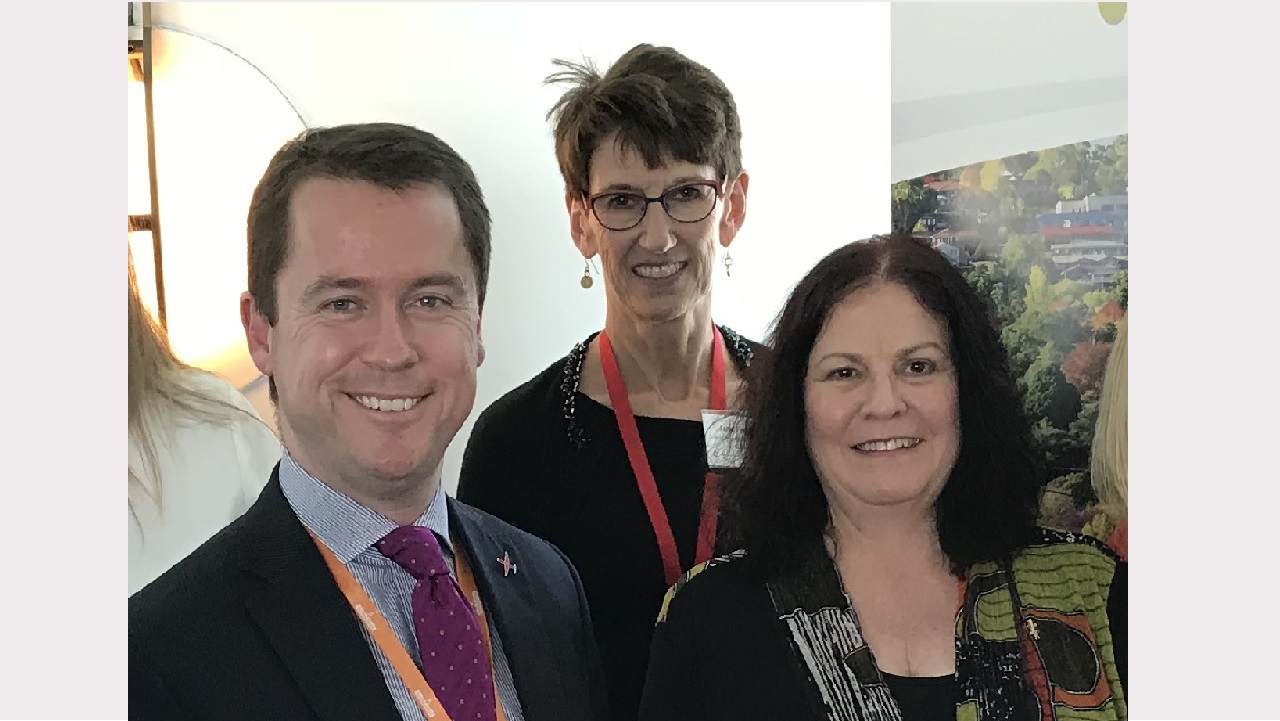Royal Flying Doctor Service is dying to talk in the bush and map gaps in palliative care services
Royal Flying Doctor Service is dying to talk in the bush and map gaps in palliative care services
by Heather Wiseman
Friday, October 20, 2017
Royal Flying Doctor Service (RFDS) doctors, nurses and pilots are embarking on a new Dying to Talk in the Bush research project designed to support people living in rural and remote areas to discuss their end-of-life wishes.
RFDS staff will use Palliative Care Australia’s (PCA) Dying to Talk resources in its clinics in Victoria, NSW, Queensland and SA, focussing on people who are over 65 and those with a chronic illness.
RFDS CEO Martin Laverty said the project would enable staff to discuss formal and informal paths of care planning with patients and map gaps in remote areas’ access to palliative care services.
“We know in the bush that one size never fits all and that in different parts of our great land there are good, average and bad pathways in access to palliative care services,” he said.
He said this would better equip RFDS to see where improvements could be made and whether further partnerships might enable palliative care services to be extended.
He said that while many bush hospitals do a good job, “not everyone is lucky enough to live somewhere, where –by good fortune – a palliative care expert… has decided to locate themselves”.
“In fact, the thing we [RFDS] do most with those in the final stages of their life is we manage the disruption of having to leave the bush to go into the city to receive access to palliative care.”
Mr Laverty said Dying to Talk resources would help patients, family members and clinicians to better understand options for end-of-life care so they could plan more effectively. Being better informed will also help those having to make decisions on behalf of a family member.
The research project represents a new partnership between the Royal Flying Doctor Service (RFDS) and Palliative Care Australia, which was announced at an event at Parliament House this week. The event was attended by the Country Women’s Association (CWA), which has supported the rollout of Dying to Talk resources since their launch in May 2016.
CWA national president Dorothy Coombe said the topic of palliative care was “totally relevant” to her organisation because more than 80% of carers were women.
“We need to ensure that all people have end-of-life choices which are respected, honoured and upheld by their families,” she said.
“To do this we need to start a conversation and this starts at home. CWA is really pleased to be working with Palliative Care Australia on… the Dying to Talk program. Through this project, members discuss and encourage other family members and friends to raise the subject of dying, death, wills, organ donation, palliative care, resuscitation, powers of attorney both financial and medical, burial preferences and other personal needs.”
Ms Coombe said providing high-quality care at the end of life should be a national priority. She said four out of five deaths were predictable, so palliative care support should be easy to plan.
“Yet there are only 191 palliative care specialists across Australia, around 3500 nurses and 240 specialist services, mainly located in metropolitan areas in the higher socio-economic areas,” she said.
PCA president Dr Jane Fischer said the organisation had a shared commitment with the National Rural Health Alliance to support people living in rural and remote Australia, many of whom are not well served by palliative care support services and networks.
“I think this issue is especially pertinent given the high levels of illness and mortality and disease risk factors in rural and remote Australia, combined with reduced access to services,” she said.
She said PCA research has consistently shown that four out of five people think it’s important to have conversations about death, dying and end-of-life wishes, but only one out of five have had the discussion.
The RFDS project is supported by a grant from the Dementia and Aged Care Services Fund and will be completed by December 2019.
Guest columnists regularly complete sample questions from the Dying to Talk Discussion Starter. Read their stories here.
Read Mr Laverty's speech from the launch here.
